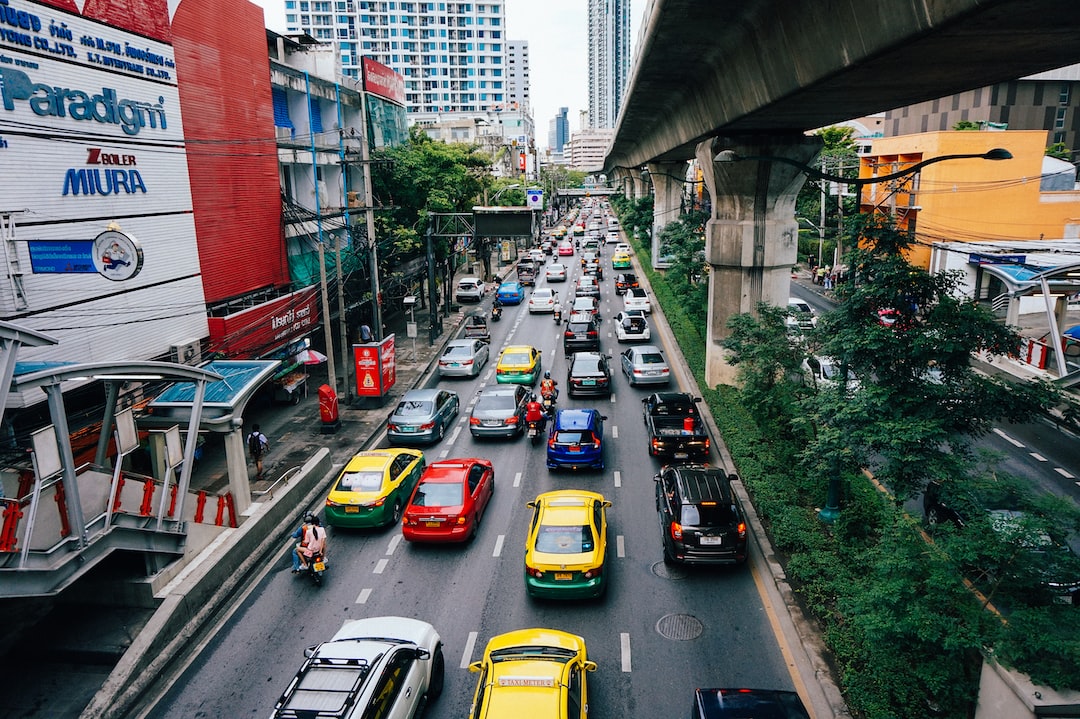The Impact of COVID-19 on the Automotive Industry
The COVID-19 pandemic has affected almost every sector across the globe, and one industry that has seen significant repercussions is the automotive industry. The outbreak of the virus and subsequent lockdown measures implemented by governments around the world have resulted in a sharp decline in the production, sales, and demand for automobiles. In this blog post, we will explore the impact of COVID-19 on the automotive industry and how it has profoundly affected various aspects of the sector.
Production and Supply Chain Disruptions:
One of the first areas to be hit by the pandemic was the production of automobiles. As the virus started spreading rapidly, countries began imposing lockdown measures, forcing automakers to shut down factories, leading to a significant disruption in production schedules. The supply chain, which is highly interconnected and spread across multiple countries, was also severely affected. With borders closing, transportation becoming scarce, and a shortage of raw materials, automakers faced immense challenges in sourcing and delivering components. This disruption in production and supply chain has led to a decrease in vehicle availability and delayed delivery of vehicles to consumers.
Sales and Demand Decline:
As countries implemented lockdown measures to control the spread of the virus, people were confined to their homes, and non-essential businesses were forced to shut down. This resulted in a sharp decline in consumer spending, including purchasing new automobiles. With uncertainties looming over the economy and job security, many potential buyers postponed their car-buying decisions, leading to a significant reduction in demand. Automobile dealerships were closed, and even those operating online struggled to attract customers. As a result, the automotive industry witnessed a drastic decline in sales during the pandemic.
Financial Strain on Automakers:
The decline in production and sales has put immense financial strain on automakers. With factories shut down and limited revenue coming in, many automakers faced the challenge of sustaining their operations and paying their employees. Some manufacturers had to resort to layoffs and furloughs to cope with the financial impact of the pandemic. The situation was particularly challenging for smaller manufacturers and suppliers who lacked the financial resources to weather the storm, resulting in bankruptcies and closures.
Shift in Consumer Preferences:
The pandemic has also brought about a shift in consumer preferences within the automotive industry. As people aimed to maintain social distancing and minimize physical contact, there was a surge in demand for personal vehicles. Public transportation was temporarily avoided, and people turned to private cars as a safer mode of transportation. This shift in preference towards personal vehicles, specifically used cars, which are more affordable, has led to a small rebound in the automotive industry. However, the short-term increase in demand for used cars has not compensated for the overall decline in sales.
Technological Advancements and Adaptations:
The pandemic has forced automakers to make technological advancements and adaptations to meet the changing market demands. With increased emphasis on hygiene and safety, manufacturers have started incorporating new features such as touchless controls, voice-activated systems, and advanced sterilizing capabilities. Additionally, remote services and virtual tools have been developed to cater to customers’ needs without physical contact. These technological advancements and adaptations are likely to have long-lasting effects on the automotive industry and will shape the future of the sector.
Government Support and Stimulus:
Governments around the world have recognized the severe impact of the pandemic on the automotive industry and have implemented various measures to support and stimulate the sector. Many countries have provided financial aid and stimulus packages to help automakers and their suppliers sustain their operations and retain their employees. Additionally, governments have introduced incentives and tax breaks to encourage consumers to purchase vehicles and boost the demand. These supports and stimuli have been crucial in mitigating the impact of the pandemic on the automotive industry.
In conclusion, the COVID-19 pandemic has had a profound impact on the automotive industry. From disruption in production and supply chain to a decline in sales and demand, automakers have faced immense challenges during these trying times. However, the industry has also shown resilience and adaptability in the face of the crisis, embracing technological advancements and shifting consumer preferences. With government support and stimulus, the automotive industry is slowly recovering, but it may take some time for it to regain its pre-pandemic levels. The long-term effects of the pandemic on the automotive industry are yet to fully unfold, and the sector will need to continue to innovate and adapt to the changing landscape to thrive in the future.


